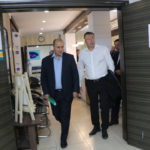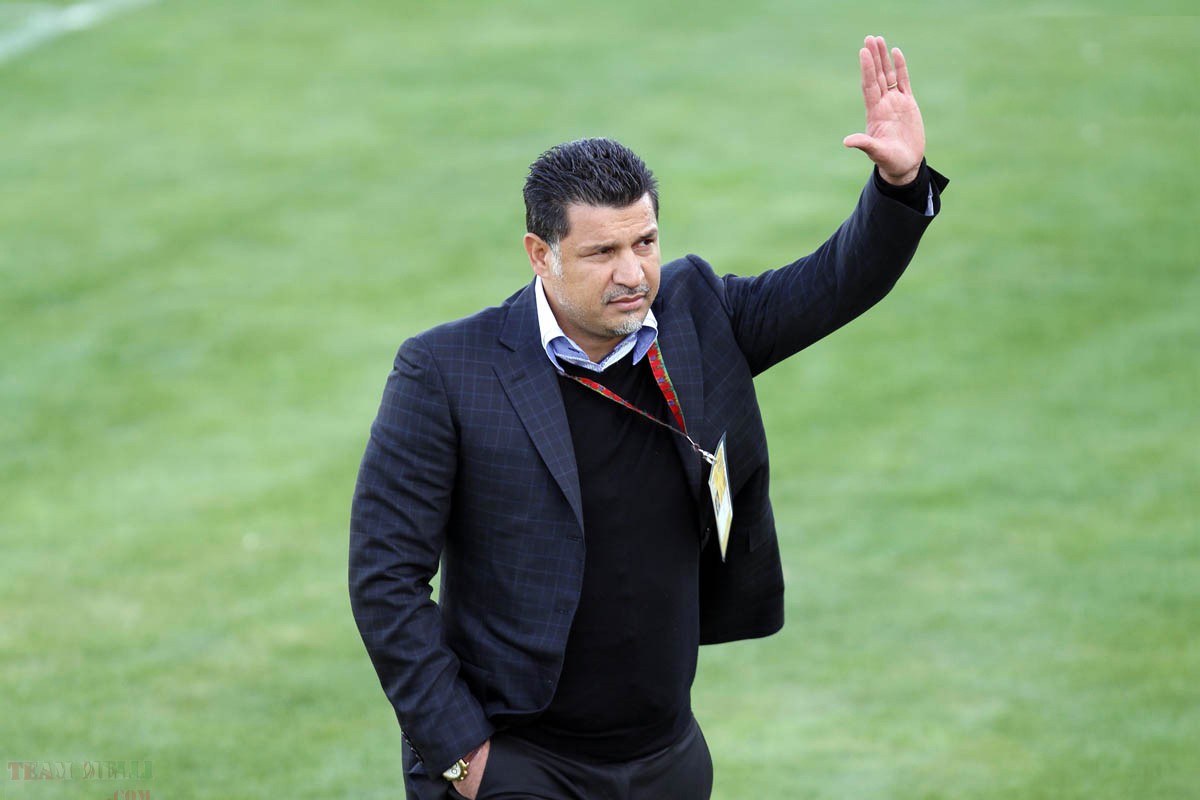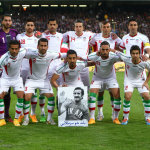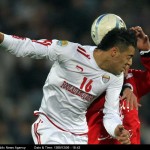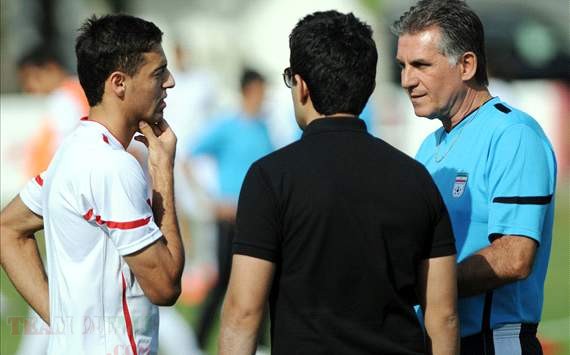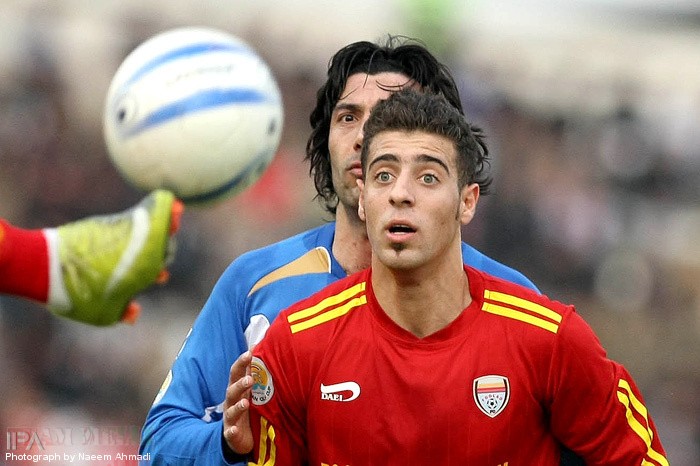After the resignation of Farhad Majidi, it seems that FFIRI had no real choice but to appoint the Team manager, Hamid Estili as his replacement. The former Persepolis player also picked his former teammates Reza Shahroodi and Alireza Emamifar as his assistants.
During the short tenure of Farhad Majidi at the helm of Omid’s team, Omid Namazi and Farshad Majedi were appointed as his assistants. It is not clear if they are is still or will remain as part of the coaching staff as neither have any Persepolis affiliation that seems to be the level of requirement in Omid team coaching structure with Estili in charge.
As such, the Omid team has turned into The red of Perspolis after the departure of the Blues of Esteghlal to prove once again that Iran’s football will have an extreme affinity with the bipolar and partisan system.

At Omid team the status quo remains, meaning the same old chaos, with partisan, Favoritism, nepotism and partiality based upon being part of a favoured group, rather than job performance or competency being the essence.
Estili has more experience than Majidi but his coaching career has been full of failures and turmoil. In reality, he is not much of an improvement on Majidi.
Estili Coaching Career
Estili was appointed as an assistant by Ali Parvin in Persepolis in 2004. A few months after Arie Haan replaced Parvin, he sacked Estili. In August 2006, when Mustafa Denizli was signed as the head coach, Estili returned to his former post. On 13th January 2007, during the 2006–07 mid-season break, Estili was sacked again, this time by Denizli.
Denizli later stated that “It would be better for him (Estili) to take some professional trainings”
For the 3rd time, Estili returned to his beloved club as the assistant to Afshin Ghotbi, in the IPL 2007/08 season. However, with a lot of tension between the two coaches over team selection, players, and other decisions it was foreseen that one of them will have to leave Perspolis at the end of the season. Ghotbi left and Estili was touted as the new Perspolis Manager and Head Coach.
However, when Ghotbi’s returned back, Estili left Perspolis.
in summer of 2009 Steel Azin appointed out of work Estili as head coach. Despite having a star-studded team with players such as s Ali Karimi, Mahdavikia, Kaebi, Fereydoon Zandi, Shapourzadeh and Vahedi Nikbakht, Estili failed in the Hazfi Cup and was nowhere near the championship title.
He was sacked by Estil Azin on 19 April 2010
Next station was Shahin Bushehr where he was appointed on 1 June 2010. He lasted less than 10 months as he was fired on 4 April 2011 while Shahin was in 17th place out of 18, achieving 16 points in 18 matches
On 21 June 2011, Estili was back in Persepolis again as a Head coach but after a series of disappointing results and Persepolis fans disapproval of his appointment, he resigned his post on 9th Dec. 2011 after only 6 months at the helm.
From then on, Estili’s reputation as a Head Coach was tarnished.
Critics say that Estili relies more on influences, comradeship and nepotism to cover his technical weakness and poor tactics on the field. He was a divisive influence as an assistant coach bad-mouthing the head coach in the hope of taking their places. He caused disagreement and hostility between players to serve his own interest. It was not a successful strategy as it leads to him being sacked by 3 different coaches. While as Head Coach, his poor delivery, suspect decision-making, poor technical ability, and lack of quality were exposed at the teams he managed.
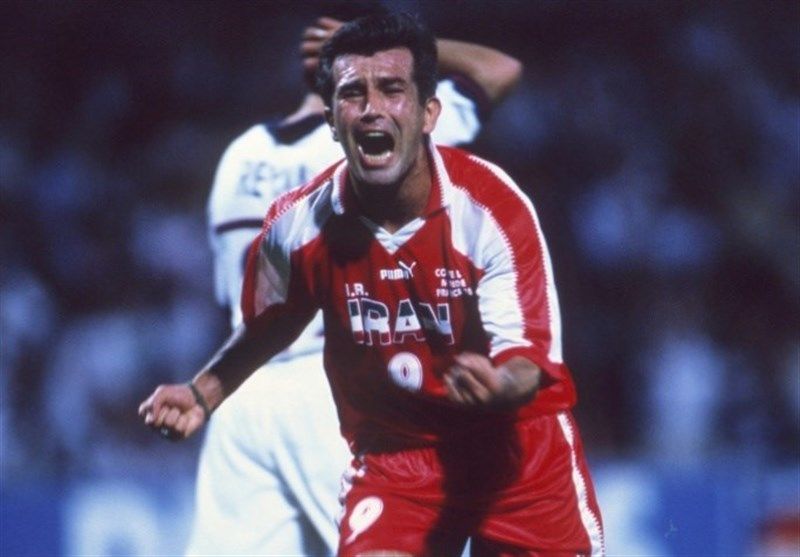
Such as shame for the player who is famous for his goal against the United States in the 1998 FIFA World Cup.


